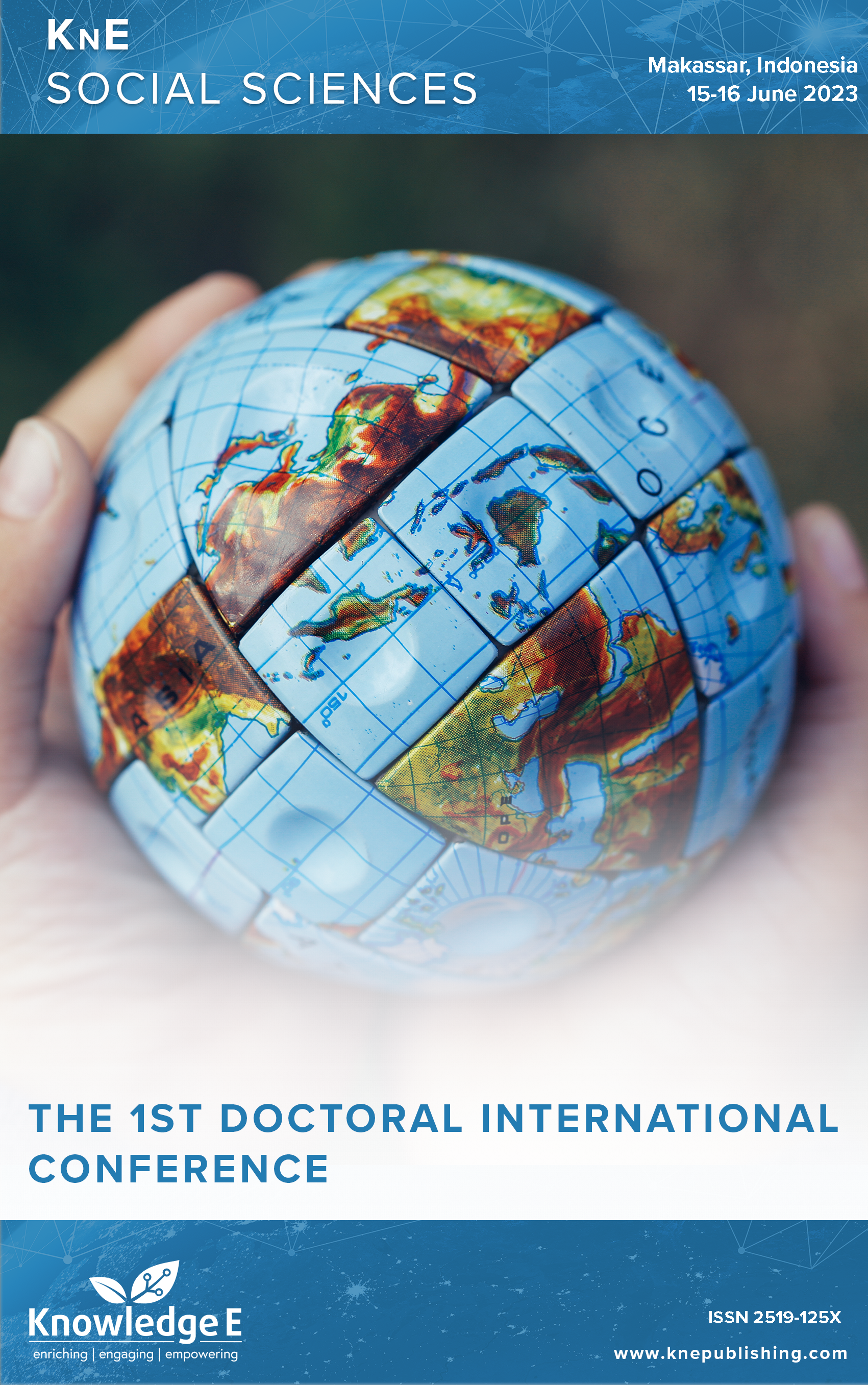Dynamics of Child Friendly City Development in Makassar
DOI:
https://doi.org/10.18502/kss.v8i17.14113Abstract
Since the ratification of the Convention on the Rights of the Child, the government has begun to develop various strategies to create policies and programs aimed at realizing children’s rights. Makassar previously won the middle title in 2018 and in 2019-2020 received the Nindya title at the Child Friendly City (KLA) award. The 2006 survey of violence against women and children by BPS, which was included in the 2013 child profile by the Ministry of Women’s Empowerment and Child Protection (KPP & PA), showed that 3% of Indonesian children experienced violence in the family environment in various forms. This means that for every 100 Indonesian children there are 3 children who experience acts of violence. Children are part of the younger generation as one of the human resources who are potential successors to the ideals of the nation’s struggle; they have a strategic role and have special characteristics that require guidance and protection in order to guarantee physical growth and development. Mental and social and child friendly cities (KLA) are regencies/cities that have a rights-based development system for children by integrating commitments and resources from the government, society, and the business world, which are planned in sustainable development in policies, programs, and activities to ensure the fulfillment of child rights and child protection through institutional strengthening. The method used in this study is qualitative, which helps researchers describe related topics. The use of this method also helps researchers understand the meaning of the related data that has been circulating. In addition, qualitative research has helped ensure the truth/authenticity of the data. The government of Makassar City has attempted to maximize the institutional strengthening process related to the Child Friendly City (KLA) policy through a sustainable work program in accordance with the achievement indicators in cluster five. This is also a bridge for the community, especially children, to obtain their rights.
Keywords: child friendly cities, sustainable development, strenghtening, intitutions
References
[2] G. D. Development ethics: A guide to theory and practice. New York: The Apex Press. 1995.
[3] Roostow. Development and underdevelopment, English: Nelson. 1967.
[4] Golembiewski RT. Public administration as a developing discipline. France: Taylor Press. 1977.
[5] R Nawawi. Organizational policy behavior. Makassar: Authorized Media. 2017.

